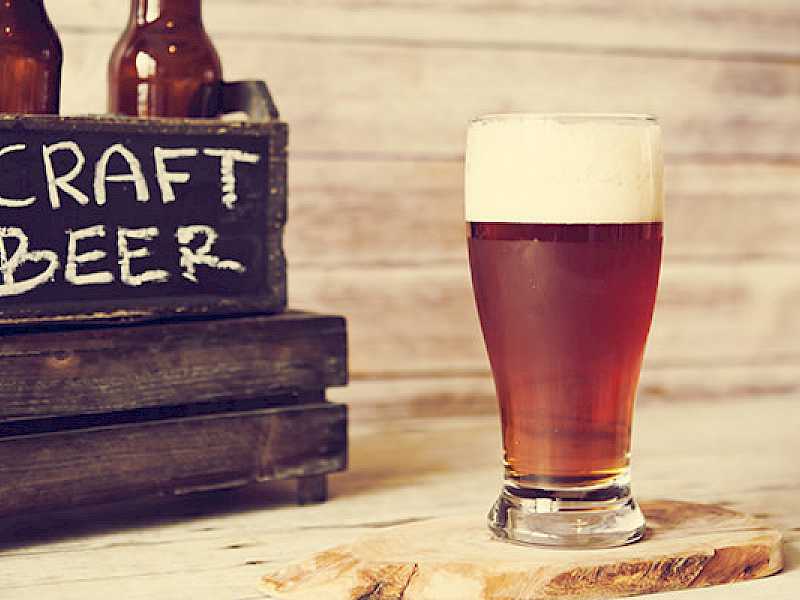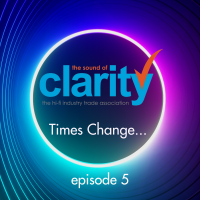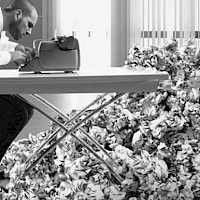I like beer. Have done for a long time, ever since I was legally (ahem!) allowed to drink it. Like many youngsters it probably started with tins of Carling, Hofmeister or Skol purchased from the local ‘offie’ where they didn’t ask questions.
It was nasty stuff really and never drunk again once I’d discovered proper beer. Growing up in Yorkshire we had the best beers on the planet available to us (maybe a little biased, but there again probably not - it is the home to the best beer) and I have made a career out of trying to taste as many of them as possible. But that’s becoming an uphill struggle, not because of my inability to consume in reasonable quantities anymore, but because the number of new beers emerging is increasing at an exponential rate.
According to CAMRA (must grow my beard) there were 1,424 breweries in the UK in 2015, with 204 having opened that year. The following year it rose to 1,924 a growth of 18% and by October 2017 the figure had gone past 2000, demonstrating growth of 64% over the past five years. That is a phenomenal growth rate in anyone’s eyes, and one which has been fueled by a combination of fashion for craft beers and a 50% cut in beer duty introduced by Gordon Brown.
Is it sustainable though? The funding of these new craft beer producers is often through investment funds and vulture capitalists who are looking for a quick return on their investments. And that inevitably means there will be mergers and acquisitions taking place as the investors look to get their money and profits out of the businesses. And of course not all of the new breweries will survive - their product will perhaps not gain favour with the connoisseurs and natural selection will force them out of business, or, once swallowed up by a bigger brewery, their premises will be disposed of and their brews consolidated.
There’s an interesting parallel to be drawn with the hi-fi industry here. We are constantly seeing new companies springing up, producing a new valve amplifier or a new set of speakers. Often they are the results of the ‘man in a shed’ approach to business start up, with an enthusiast building one for himself and then deciding to launch it on to the world stage - just like the craft beer. We find new brands at every hi-fi show, some with something genuinely special to offer and others with an also ran product. Sometimes it works and there are takers for the product and we see them back at subsequent shows and read the reviews in the magazines and sometimes they don’t make the cut. That’s so similar to the micro breweries.
And then there’s consolidation and the buy outs. We’ve seen a few of these in recent months in our sector, with some well known names being bought out by bigger companies, often so they can take advantage of the technology and expertise of the dedicated and clever engineers. With the breweries, when they are taken over, the beer is often tweaked to better suit the mass production methods of their new parent and not that often with good results. Look at Boddingtons - a great cask conditioned beer when it was produced at the Strangeways brewery in Manchester, that is now, after many acquisitions, owned by Anheuser–Busch InBev and brewed in South Wales among other places. One journalist referred to the new Boddingtons as a “blandly foamy nitrokeg travesty of the original”.
It’s kind of inevitable that changes will be made to products when companies are taken over. Technologies are merged, buying power dictates some of the ingredients, mass manufacturing removes some of the careful fine tuning and profit pressures can result in cost and corner cutting.
Let’s hope that with the changes we are witnessing in our industry, the skills, engineering prowess, passion and people are not cast aside in the pure pursuit of profits. That’s not what our industry was built on and not what makes it tick. There are plenty of bland audio products out there for the masses who don’t care about sound quality, but we’re appealing to the customer for whom quality is the be all and end all, and if we lose that element of our businesses we lose our industry.
The retail side of things is quite similar between the beer and audio industries too. The decline in the number of traditional pubs has been staggering. So too is the reduction in independent hi-fi shops on the high street - estimates put the number at around 40% of what it was just 15 years ago. On the flip side, in the beer world, advantage has been seized by the likes of Weatherspoons, which specialises in buying very well (often beers nearing their sell-by dates) and passing those savings on to the customer. And of course we are familiar with the consumer champion model in our industry too. What we’re not really seeing though is the rise of the micro hi-fi shop in the same way as micro pubs are springing up. These small bars often specialise in one or two brands of beer, often including one brand they make themselves. It’s a direct to consumer, but via a shop, business model that gives the smaller companies a high street outlet. Maybe this is the next thing in audio retailing - shops owned and run by the smaller manufacturers or in conjunction with our existing retailers. That would be interesting.
Cheers.







